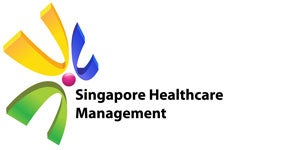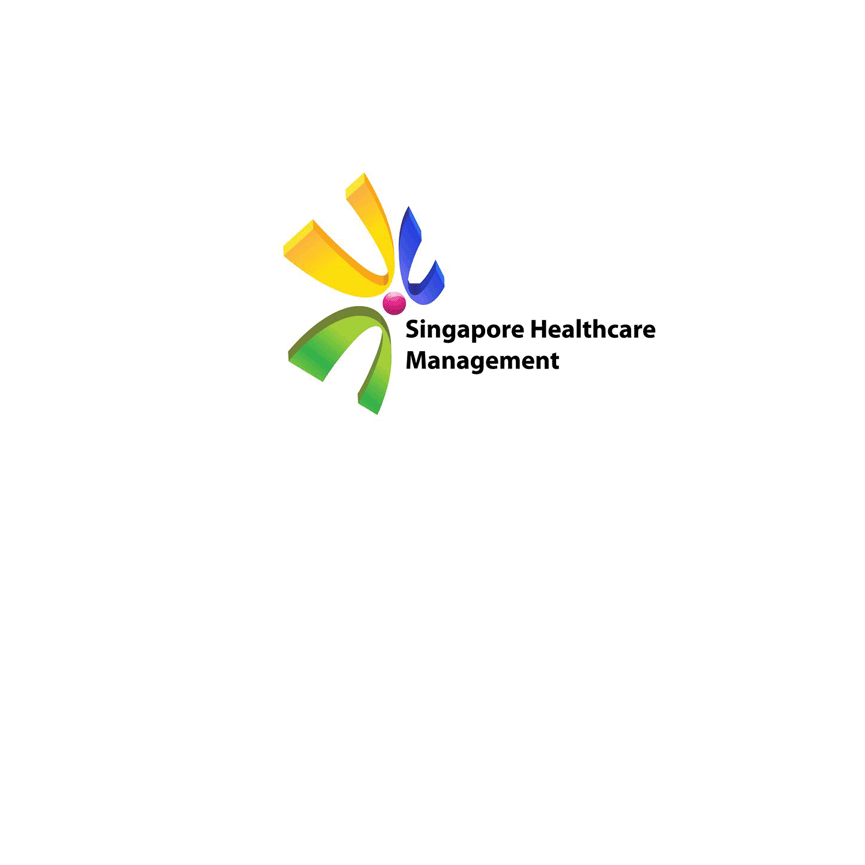
Dr Chung Kin Lai
Chief Executive Officer,
CUHK Medical Centre (CUHKMC), Hong Kong
Dr KL Chung is currently the CEO of the CUHK Medical Centre (CUHKMC). CUHKMC is a non-profit, private teaching hospital wholly owned by The Chinese University of Hong Kong (CUHK). With a social mission to bridge the service gap between the private and public healthcare systems in Hong Kong, CUHKMC is dedicated to offering quality healthcare service at transparent and affordable package fees.
Before joining CUHKMC, Dr Chung was the Cluster Chief Executive of the New Territories East Cluster of the Hong Kong Hospital Authority. He oversaw seven public hospitals in Shatin, Tai Po and North District. In the same period, he also served as the Hospital Chief Executive of the Prince of Wales Hospital which was also a teaching hospital of the CUHK Medicine.
Dr Chung served the Hong Kong Hospital Authority for over 30 years and had vast experience in hospital management. He has taken up important roles including the Director of Quality and Safety of HA, the Hospital Chief Executive of North District Hospital, the Hospital Chief Executive of Castle Peak Hospital, and as Chief Manager at the Hospital Authority Head Office.
Presentation Synopsis
HM 15 - One City, Two Systems – The Dual Track Healthcare in Hong Kong
Drawing on 35 years within Hong Kong’s public Hospital Authority (HA) and recent transition to private hospital leadership, this session examines the dual-track system’s resilience and strains.*
Hong Kong’s model – where 88% of inpatient care occurs in heavily subsidised public hospitals, while 70% of outpatient services are private – faces unprecedented pressure from an aging population (projected at 31% over age 65 by 2039) and chronic workforce shortages (1.9 doctors per 1,000 people). Recent reforms, including the Voluntary Health Insurance Scheme (VHIS) and Public-Private Partnerships (PPP) for chronic disease management, aim to enhance sustainability. Yet, fragmentation persists in primary care, and financial burdens grow faster than GDP.
The speaker shares first-hand insights on leveraging private-sector innovation to complement public healthcare’s role as a social safety net. Key proposals include reallocating resources to preventive care, scaling AI-driven solutions, and fostering regional collaboration. Attendees will gain actionable strategies for balancing equity, efficiency, and sustainability in dual-track systems across Asia.
HM 17 - China's International Hospital Accreditation Standards (CIHA) – The Resurrection of Hospital Accreditation in Hong Kong Hospital Authority
The Hospital Authority (HA) of Hong Kong introduced hospital accreditation in 2009 to align with international quality standards but suspended the programme in 2017 due to operational challenges. Following a comprehensive review, HA relaunched accreditation in 2022 under the Chief Executive’s directive, adopting China’s International Hospital Accreditation (CIHA) 2021 Standards—a globally recognised yet locally adaptable framework developed by the Shenzhen Hospital Accreditation Research Center (SHARC).
Prince of Wales Hospital (PWH), a leading tertiary institution, achieved exceptional compliance (98.35%) with CIHA’s rigorous benchmarks, excelling in three key areas:
- Patient-Centered Care Culture – Reinforced by its "We Care. We Serve" philosophy, the hospital strengthened its two-tier hospital and department accountability system and implemented 263 quality improvement initiatives to enhance service delivery.
- Excellence in Critical Care – As a tertiary and trauma referral center, the emergency care unit continuously innovates, ensuring robust disaster response capabilities and optimised emergency pathways for stroke and chest pain patients, facilitating timely interventions.
- Antimicrobial Stewardship & Infection Control – Sustained low multidrug-resistant organism (MDRO) rates through structured antibiotic reviews and stringent protocols.
PWH also launched additional patient-centered initiatives, such as cross-hospital blood collection and medication delivery services, along with community health education programmes. These efforts underscore PWH’s commitment to high-quality, accessible care, and contribute to public welfare.
An on-site survey revealed strong stakeholder endorsement, with over 85% of staff affirming that CIHA improved care quality. This case study illustrates CIHA’s adaptability and effectiveness within HK’s diverse healthcare landscape, offering a replicable model for international health systems seeking to elevate quality through evidence-based, patient-focused accreditation frameworks. PWH’s achievement positions CIHA as a valuable tool for advancing healthcare excellence worldwide.

















